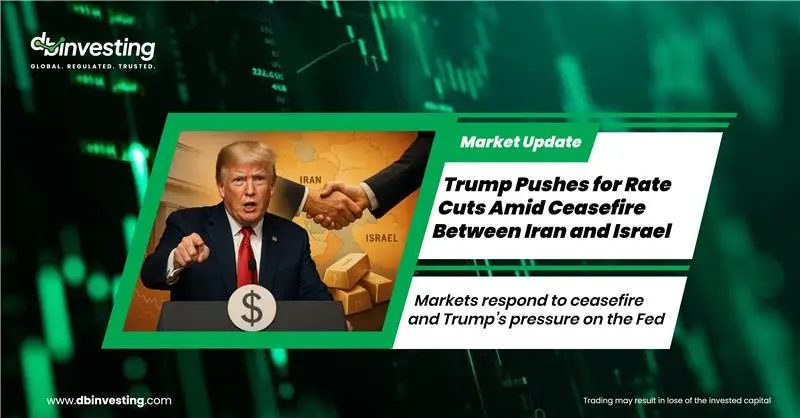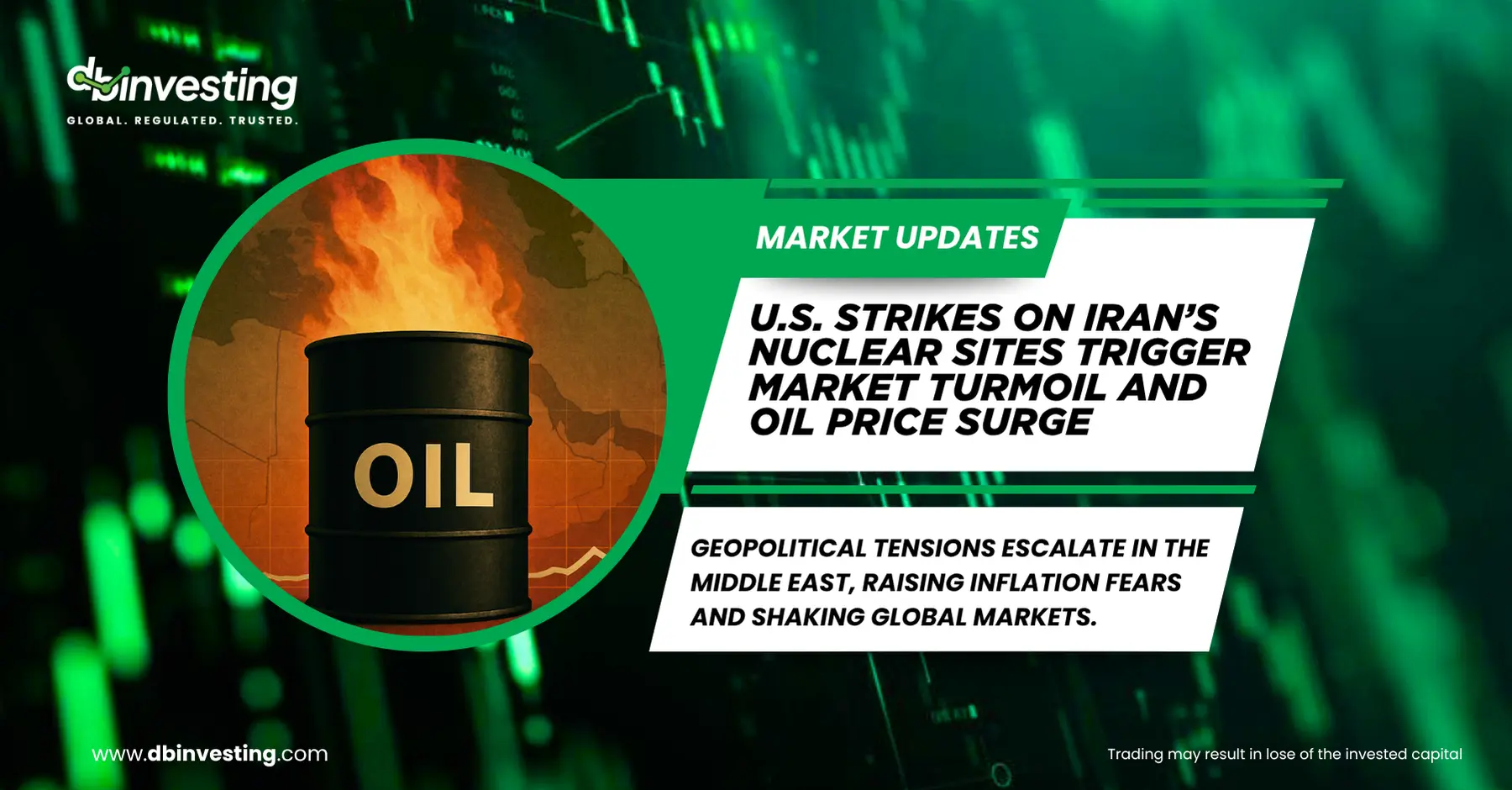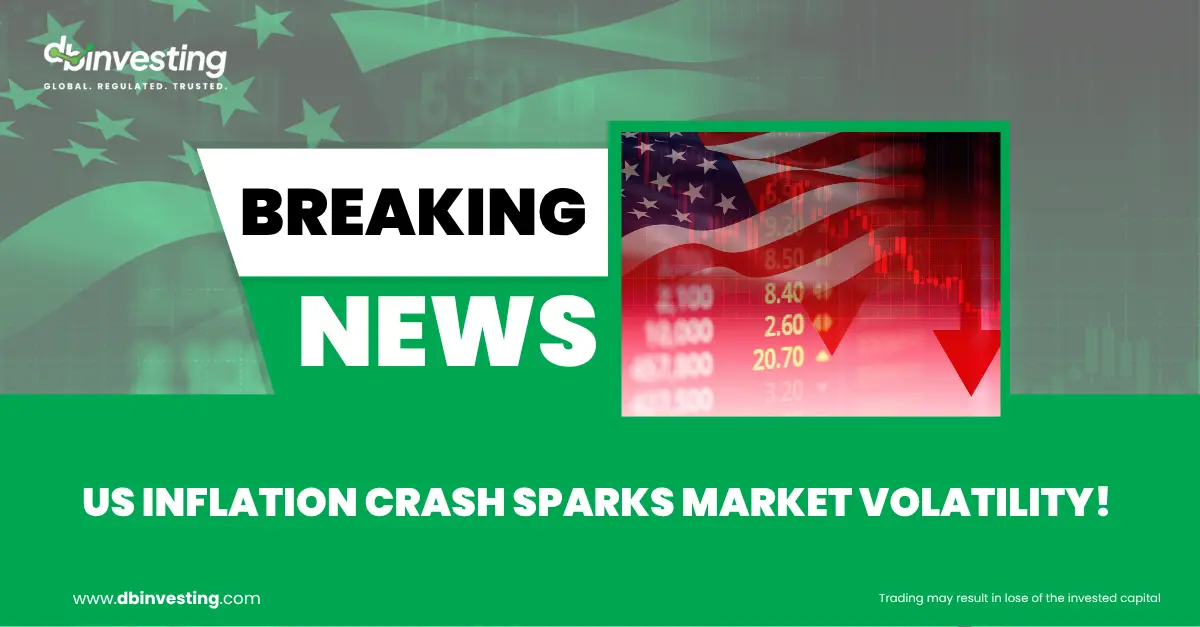Markets React as Gold Drops Sharply
Trump Pushes for Aggressive Interest Rate Cuts
On Tuesday, U.S. President Donald Trump said interest rates in the United States should be reduced by at least two to three percentage points, continuing his criticism of Federal Reserve Chairman Jerome Powell.
Trump’s comments came just hours before Powell’s scheduled testimony before Congress.
In a social media post, Trump stated, “I hope Congress will truly deal with this extremely stubborn and very stupid person. We will pay the price for his incompetence for many years to come,” referring to Powell’s reluctance to lower interest rates as Trump demands.
Trump compared the Federal Reserve to the European Central Bank, claiming that “Europe has made 10 cuts, while we have made none.”
These fresh attacks come as Trump continues to push aggressively for rate cuts, which strongly contrasts with the Federal Reserve’s cautious stance.
Last week, the Fed kept interest rates unchanged, with Powell warning that Trump’s tariffs could increase inflation, giving the Fed less reason to cut rates further.
The Federal Reserve cut interest rates by a total of 1% in 2024, but has signaled a highly cautious approach for potential cuts in 2025 and 2026.
Ceasefire Announced Between Israel and Iran
Late Monday, President Trump announced a full ceasefire between Israel and Iran, indicating a potential end to the 12-day conflict.
Gold prices fell more than 1% during Asian trading on Tuesday as geopolitical tensions eased following the ceasefire announcement.
Reports confirmed that Iran accepted the truce; however, Iran’s Foreign Minister warned the ceasefire would only hold if Israel halts its military operations.
This announcement came shortly after the U.S. struck three Iranian nuclear sites, to which Tehran responded on Monday by launching missile attacks on a U.S. airbase in Qatar.
Markets welcomed the ceasefire, with U.S. stock futures rising, oil prices dropping more than 3%, and fears of supply disruptions easing.
Investors shifted away from safe-haven assets like gold and moved toward stocks and higher-risk assets.
Despite some support from a weaker dollar, investors remained cautious ahead of Jerome Powell’s two-day testimony before Congress starting Tuesday.
Market Reactions:
- Most Asian currencies gained on Tuesday, while the U.S. dollar weakened following the ceasefire announcement between the U.S., Iran, and Israel.
- Risk sentiment remained somewhat limited as traders awaited official confirmation from both Israel and Iran.
- Iran reportedly launched another missile attack on Israel early Tuesday, shortly before the expected start of the ceasefire.
- Regional currencies were also supported by growing expectations that the Federal Reserve may cut rates as soon as July, putting additional pressure on the dollar.
Conclusion:
The markets remain on edge amid geopolitical shifts and increasing pressure on the Federal Reserve to lower interest rates. While the ceasefire between Israel and Iran has calmed short-term fears, traders are now focusing on Powell’s testimony and upcoming monetary policy decisions.


